Meet our girls
A vital core of our entire business starts with these girls. They produce the goat milk that makes the kefir, which we use as a main ingredient in many of our skin-care products.
These girls have been in our family for many years, giving us 100’s of gallons of delicious milk used to make kefir, cheese, yogurt, ice cream and whey.
Most of our goats were born here. We let our baby does nurse for many months from their mothers to give them the best start in life. Babies born and raised naturally by benevolent mothers have powerful probiotic microbes that coat their bodies with immune system protection. This microbiome from their mother’s milk, and the close contact kids have to their mothers connects them to ancestral wisdom, survival skills and instincts. If you’ve ever had experience raising orphaned herd animals on a bottle, you’ll know that babies without mothers act ditzy, and lack common sense. We invest in the long-term future of our farming practices by creating good mothering climates for all our animals.
Twice a day I spend quality time with our goats, feeding, watering, milking, scratching them, giving them apples, branches, garden produce, and medicinal herbs to improve their health. I also fix a lot of fences, especially when we have a group of rambunctious kids at play.
From top to bottom:
Creamer has been with us the longest, born here in 2010. Herd matriarch. Saanen goat who absolutely loves organic banana peels. Great mother and grandmother. Excellent dependable milker. Opinionated. Likes a clean tray to eat out of. Refuses to eat things that have touched the ground. Loves fresh hay to bed down in daily.
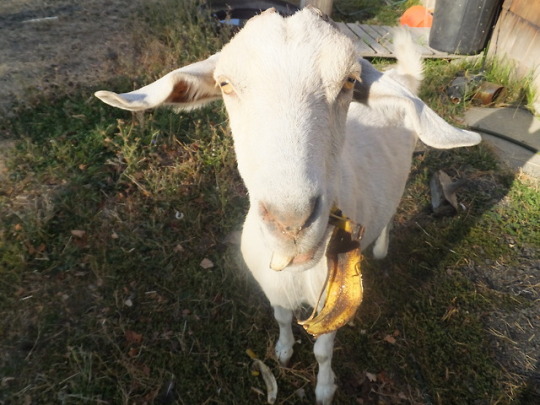
Brown Goat, yes I know it’s a plain name, but that’s what she wanted, an accurate description of herself in human words, nothing fancy. Oberhasli mix. Good mother, milker and herd boss. Guards over the entire herd including everyone’s kids. Loves fermented herbs, squash and daily apples. Meticulously clean with her food.
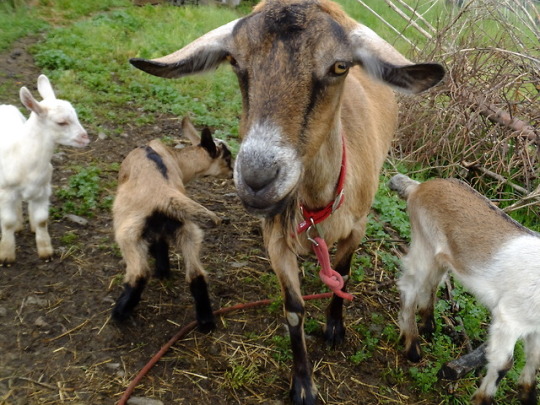
Zeena was born here in 2010. An alpine doe who likes to eat slowly without being bothered. Easy to milk. Good mother. Loves standing in the sun on cold days. Produced many babies over the years. Prefers fresh leaves over squash and veggies.
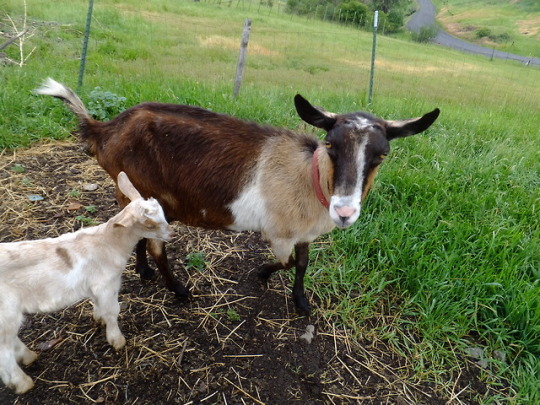
Leche is Brown Goat’s daughter. She is three years old, excellent milker, dependable. Snuggles up close to me when I milk her, especially if I’ll give her an apple. Bawls loudly at the fence if I’m late for milking. Loves to eat anything and everything. Part oberhasli, part La mancha goat.
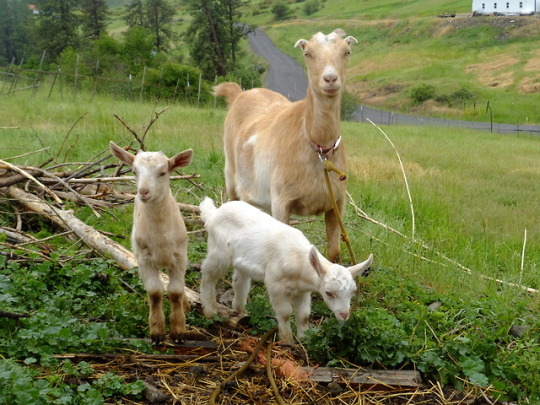
Our goats eat pasture grass, grass hay, wheat, barley, peas, lentils, kelp, minerals and lots of weeds, herbs, and garden produce. We do not use any chemicals on our grounds or in the care of our goats. Deworming is done with natural herbs: tobacco, willow bark, poplar leaves, wormwood, black walnut husks, and various herbs fermented in kombucha vinegar. Diatomaceous earth for flies, ticks and mites. Kombucha Bug Off spray for biting insects. Adaptogen salve for dry udders and bags. Our probiotic soaps for cleaning. For treatment of eye infections: colloidal silver, rose hips, comfrey leaves, plantain, eyebright tea. People paste in a big leaf, surrounded by vet wrap for injuries. (See our First Aid section on our website for people paste recipe). For minerals I make a fermented mineral base using a blend of probiotic mother cultures and minerals. Recipe will be included in our feed fermentation articles.
Hope you enjoy the goat milk kefir products from these wonderful Goats.


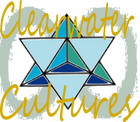

Leave a comment